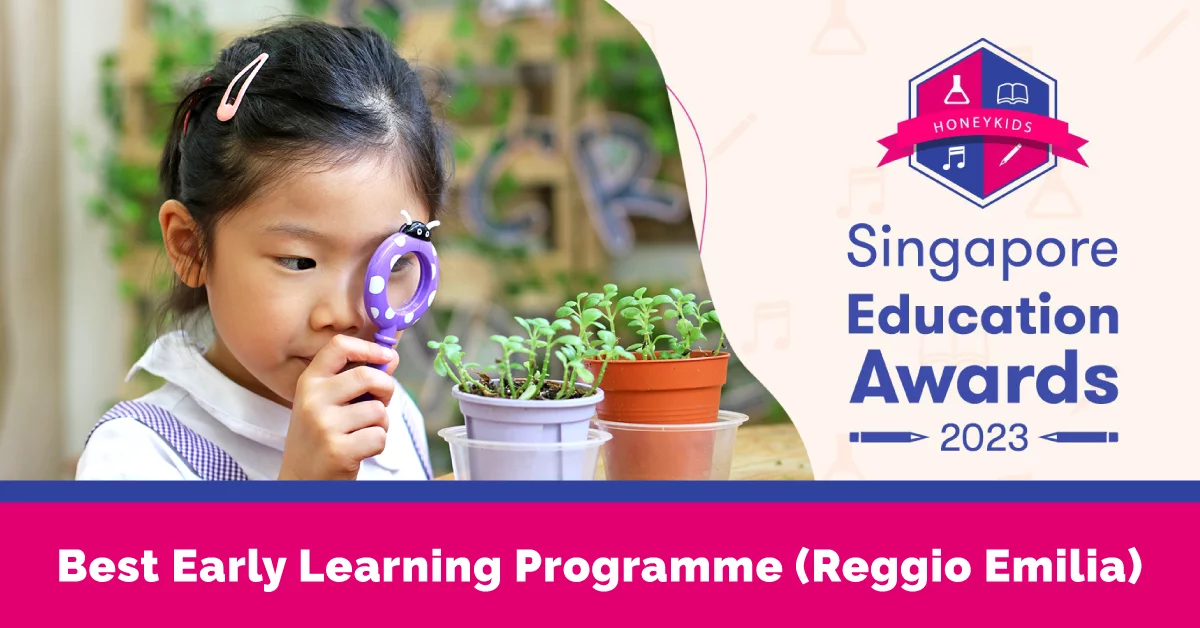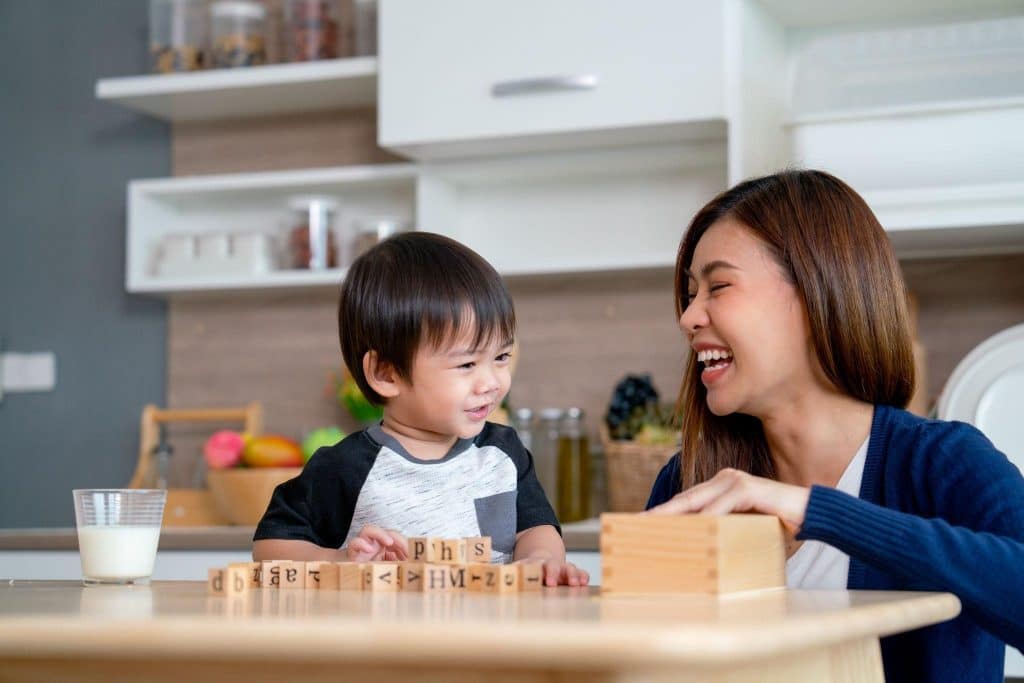
5 Tips on Raising Independent Kids
5 Tips on Raising Independent Kids

As parents, we want to help our kids grow into strong, independent adults. From an early age, parents need to help their kids develop independence so that they can grow into strong and responsible adults.
Being independent is an important part of growing up. Parents can help their kids learn to be independent by:
- Teaching them how to do things for themselves, like making a bed or cleaning their room.
- Encouraging them to try new things, even if they might not be successful at first.
While independence can mean different things at different ages, here are 5 tips on how you can raise your child to be self-reliant and resourceful.
Give Your Kids a Break if They Make a Mistake
Let kids have time on their own. Children need to develop independence as early as possible. Offer a solution, but don’t force your child to do it. Kids have a natural tendency to want to please their parents, so if they’ve made an error, they may feel like they need to fix it right away. If this is the case with your child, be sure that you offer them solutions without making them feel like they have no choice but to follow through.
Help Your Kids Set a Goal

Make sure to start small and simple. A good example of a goal for a young child is getting dressed in the morning without help or asking for help when she needs it.
Set up an incentive system with your child so that she gets rewarded for reaching her goals (and vice versa). This is important because it teaches your child responsibility and resilience, which can make all the difference when they’re older!
Be Patient but Firm
When you are trying to teach your child a new skill, keep in mind to be patient and consistent. If you don’t give them time or provide them with the opportunity to practise what they have learned, they won’t know how to do something on their own. However, if you give them too much attention and praise for every small task that they complete independently, then your child may become dependent on constant external rewards instead of internal motivation. Therefore, find a balance between being patient but firm when parenting an independent child.
Help Your Kids Work Through a Problem

It’s easy to jump in and tell your kids what to do, but they need to feel confident that they can solve their problems first. If your child asks you for advice on how to solve a problem, make sure that they try to figure out the solution themselves before you step in.
Encourage your kid to think through a problem before asking for help. Teach them the steps of solving a maths problem or writing an essay—for example: gather information, make an outline, write rough drafts and edit it until it’s perfect. Once they know these steps by heart, then let them ask questions about specific parts of the process rather than having all of their questions answered at once (i.e., “What should I include in my introduction?” instead of “How do I write an introduction?”).
Give Your Kids Plenty of Opportunities To Be Independent
Give them independence in small ways, like letting them take care of themselves and make decisions. If they’re hungry, let them decide what they want to eat or where they want to go out for dinner. If they’re bored and there are no better options around, let them choose an activity that interests them or spend some time on their own just playing with toys or reading a book (and then check up on them every once in a while). Not only is it easier for everybody because your kid isn’t asking you every step of the way what should happen next, but it also gives him/her a sense of independence which helps encourage positive self-esteem later on in life when s/he needs it most!
In summary, there are many ways in which you can help your kids grow into independent adults. By encouraging them to make their own decisions, providing opportunities for them to practise solving problems on their own, and helping them set goals for themselves, you are fostering a sense of self-confidence that serves them well throughout life.
The focus of Mulberry Learning’s Habits of MindTM is on developing the capacity to act deftly and handle difficult situations. Habits require constant reinforcement. Our teachers accomplish this by regularly going back to the routine throughout the term. They repeat the specially created slogans whenever they come across teachable moments in lessons, playtime, mealtime, or during clean-up. Additionally, specialised parenting workshops are occasionally held to provide parents with information, abilities, and activities that enable them to reinforce these habits at home.
Every parent understands how it feels to have their child do something seemingly “out of character” and wonder…where did he/she pick it up from? Or when you are doing household chores or preparing to go to work, and they picked that exact time on purpose to break something. It can be increasingly frustrating, and it would be easy for you to snap at them. This is how not to set an example.
Mulberry School Tour
Our Locations
Click here to visit our Contact Us page and view the preschool/infant care centres conveniently located near you.
CONNECT WITH US
USEFUL LINKS
About Us
Mulberry Learning prides itself on making the preschool experience both memorable and enjoyable while transforming a child into a competent explorer, an imaginative thinker, and a creative problem solver. Through our proprietary award-winning curriculum, unique Habits of Mind programme and dedicated staff who are passionate about imparting positive attitudes, Mulberry Learning holds strong in its promise to deliver a holistic education that nurtures the Future Ready Child.
A PREMIUM PRESCHOOL BRAND UNDER GLOBAL EDUHUB





